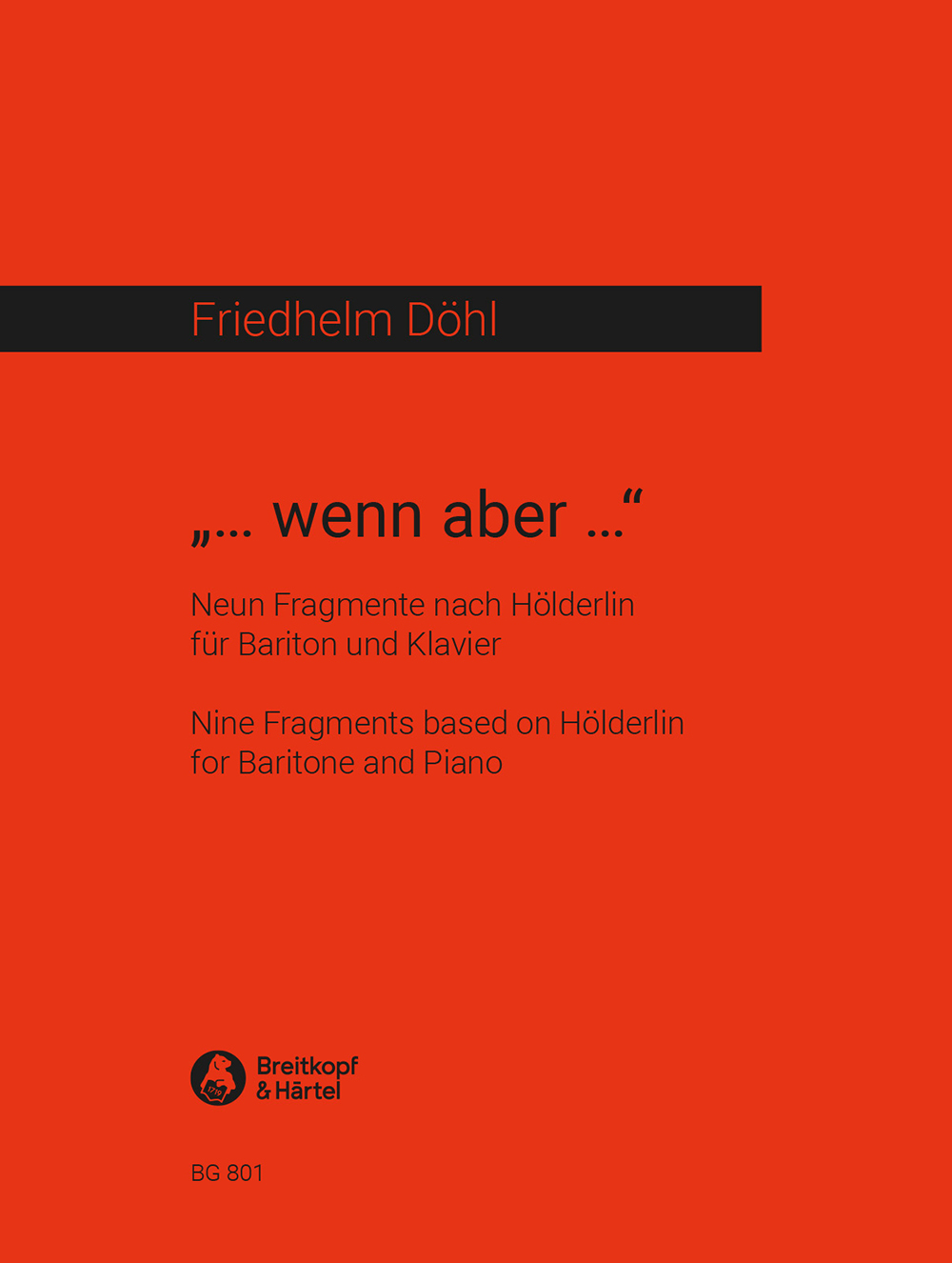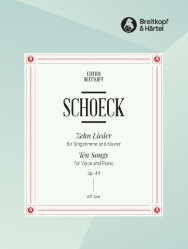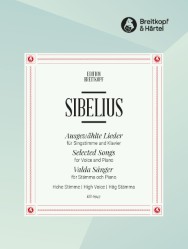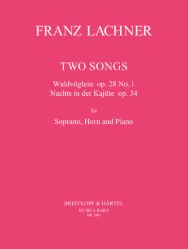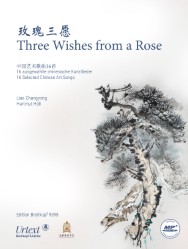Fragments – not “songs” in the usual sense. Fragments, at the same time “labyrinths”, existential and aesthetic: ambiguity of music and language. Texts of the…
Fragments – not “songs” in the usual sense. Fragments, at the same time “labyrinths”, existential and aesthetic: ambiguity of music and language. Texts of the middle Hölderlin, when the world broke open for him, when he felt around in its cracks and rubble, confusing the different times and spaces, relating them to one another (as particularly exposed in the first fragment “Tende Strömfeld”, which Hölderlin wrote on the back of a laundry bill noted). – A triggering moment in the composition was the idea of Hölderlin’s singing, as Wilhelm Waiblinger described it: After he has played (on the piano) for a while and his soul has become completely soft, his eyes suddenly close, his head lifts up, he seems to want to pass away and he begins to sing. In what language I could never find out, no matter how often I heard it; but he did it with exuberant pathos, and it chilled all your nerves to see and hear him like that. Melancholy and sadness were the spirit of his singing.
Formally, the fragments can be partially reduced to the musical principles Fantasia, Canto, Ornamento, Rondo, Recitativo. In terms of content, the cycle is a kind of odyssey through the labyrinths of the external to the internal world, through the various situations of dreams, desire, longing, defiance, sadness, despair to resignation, even beyond despair. With certain reservations: a different winter trip.
(Friedhelm Döhl)
